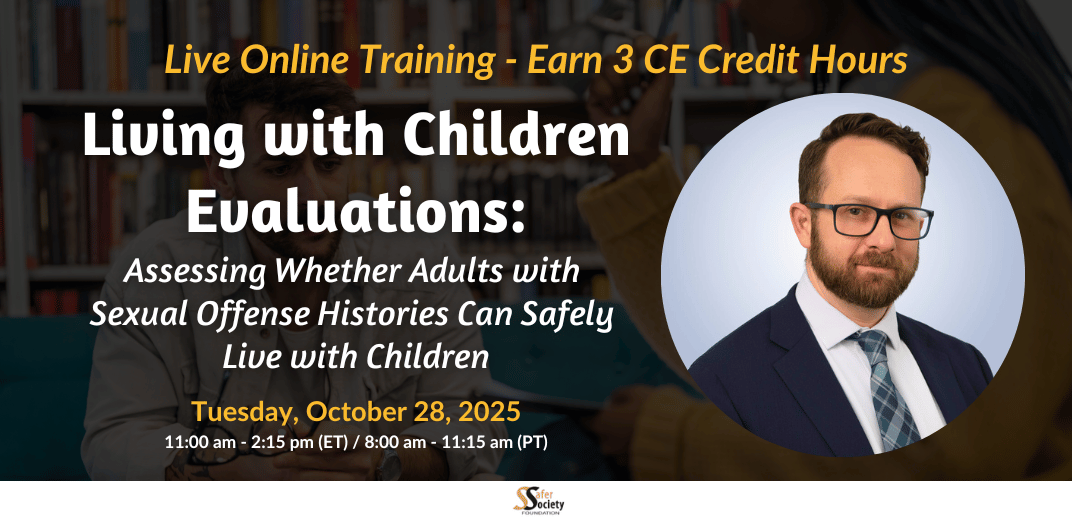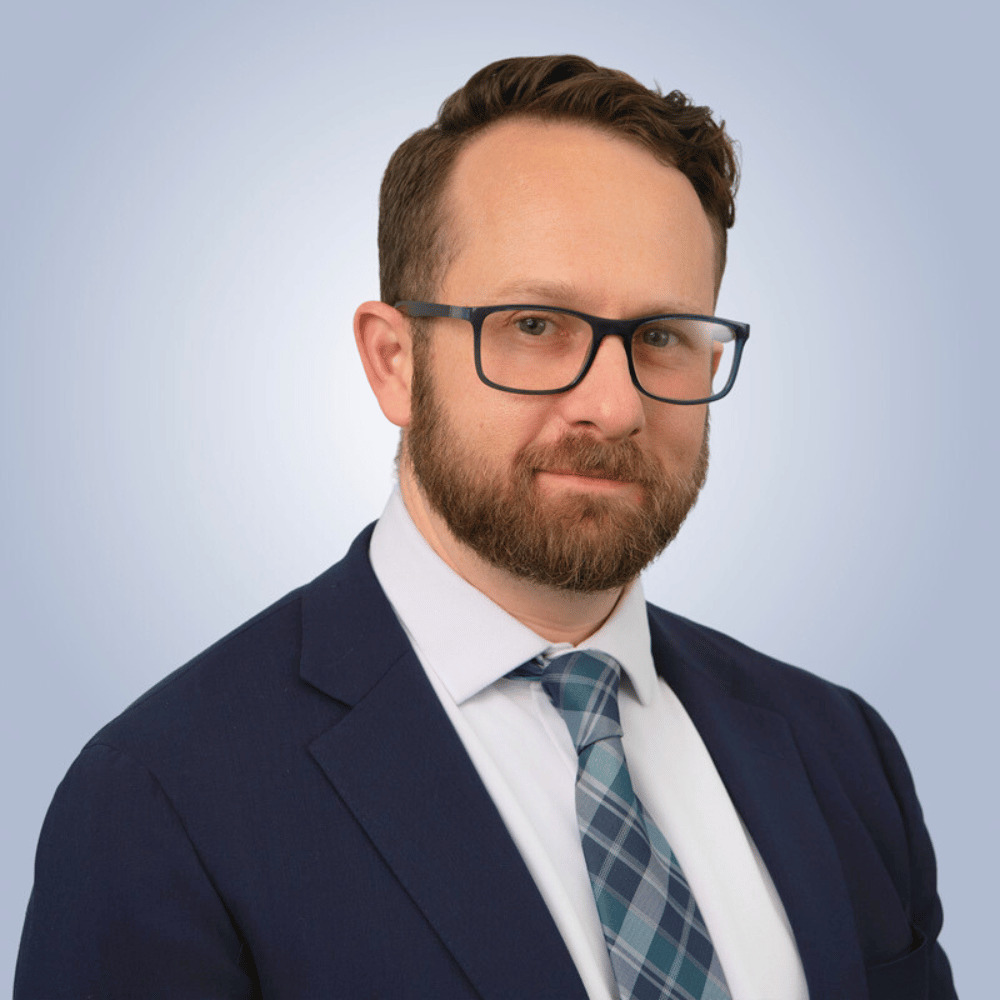
Living with Children Evaluations: Assessing Whether Adults with Sexual-Offense Histories Can Safely Live with Children
As with many areas of forensic psychology and the law, living with children (LWC) evaluations pose unique challenges. Whatever their personal viewpoints regarding policy and legislation, evaluators must conform their work product to meet the requirements of the legal systems in which they operate. In conducting these assessments, evaluators must balance best practices in sexual offense risk assessments and modern research on this population with answering the specific questions required by the legal system.
 Typically, a forensic evaluator comments on the risk of sexual re-offense by an individual who committed a sexual offense in broad, hypothetical contexts. In LWC evaluations, however, the evaluator must consider the examinee’s risk to a specific child. The specificity of the potential victim adds unique elements, such as potential vulnerabilities for victimization and the non-offending caregiver’s attributes and abilities.
Typically, a forensic evaluator comments on the risk of sexual re-offense by an individual who committed a sexual offense in broad, hypothetical contexts. In LWC evaluations, however, the evaluator must consider the examinee’s risk to a specific child. The specificity of the potential victim adds unique elements, such as potential vulnerabilities for victimization and the non-offending caregiver’s attributes and abilities.
In this training, Dr. Zachary Yeoman examines numerous aspects of LWC evaluations. He provides an overview of the legal contexts in which evaluators operate, helping them navigate areas where psychological science and the law may conflict. Dr. Yeoman then highlights best practices for sexual offense risk assessment and addresses strategies for evaluating risk with unique populations, such as:
- Individuals who have remained offense-free in the community for many years
- Those with child sexual abuse material (CSAM)-only offenses
- Adult females whose behaviors have potentially caused harm to children
Next, the training explores how to narrow the scope of the evaluation to a specific child and caregiving context using the Risk of Sexual Abuse of Children (ROSAC), a structured guide authored by Robert McGrath, Georgia Cumming, and Heather Allin. While this presentation is not a formal training on the ROSAC itself, it highlights the ways in which the guide can support evaluators in conducting LCW evaluations. Finally, Dr. Yeoman provides guidance on how to answer the required legal questions, using case examples in a manner consistent with ethical guidelines.
Interactive Follow-Up Meeting
Attendees are invited to join an open discussion 15 minutes following the end of the training, where you can engage with fellow attendees by turning on your camera and microphone. This is an opportunity to share your experiences and contribute to a meaningful exchange of ideas. Time will be allocated to address questions or insights from the training. Please note that attendance is optional and will not affect your eligibility for a training certificate.
1) Describe best practices in sexual offense risk assessment
2) Consider legal requirements while using best practices for forensic evaluation
3) Explain how a targeted LWC assessment differs from more traditional risk assessments
4) Create individualized recommendations in challenging situations
Audience
This training is for professionals who work with adults with sexual-offense histories who conduct or plan to conduct court-ordered evaluations. This includes psychologists, counselors, social workers, and other mental health professionals. Family law professionals, such as mediators, custody evaluators, and individuals focused on child protection and risk assessment will also find the training resourceful.
Content Level
Disclosure
Cancellations
Continuing Education Approval
American Psychological Association (APA)
Safer Society Foundation, Inc. is approved by the American Psychological Association (APA) to sponsor continuing education for psychologists. Safer Society Foundation, Inc. maintains responsibility for this program and its content.
Association of Social Work Boards (ASWB)
Safer Society Foundation, Inc., provider #233, is approved to offer social work continuing education by the Association of Social Work Boards (ASWB) Approved Continuing Education (ACE) program. Regulatory boards are the final authority on courses accepted for continuing education credit. ACE provider approval period: 06/06/2025—06/06/2026. Social workers completing this course receive 3 clinical continuing education credits.
Who's Presenting

Zachary Yeoman, PsyD
Dr. Yeoman is a clinical and forensic psychologist who is licensed in New Jersey and New York. His main area of interest is Forensic Mental Health Assessment (FMHA). Dr. Yeoman has provided help to a variety of organizations and individuals in addressing psycho-legal issues for both adults and adolescents. His professional experience includes the treatment and evaluation of civilly committed sexual offenders. He conducts the following types of evaluations: sexual, violence and firesetting risk, juvenile waiver to adult court, Megan’s law tiering and removal, threat assessment, safety for the return of firearms, animal abuse, diminished capacity, mitigation, competence to stand trial, mental state at the time of the offense, parental fitness and bonding, and non-forensic mental health evaluations such as psychiatric record expungement.
In the past, Dr. Yeoman provided outpatient treatment related to sexual offending, firesetting, and substance abuse for court-involved juveniles and adults. He was an adjunct professor at the Ferkauf Graduate School of Psychology – Yeshiva University, where he taught integrative assessment, and he volunteered as a visiting clinical supervisor for Rutgers graduate students in psychology. Prior to these experiences, Dr. Yeoman worked extensively with the serious mental illness (SMI) population in both Illinois and New Jersey. Through these experiences he has developed expertise in addressing a variety of questions which arise when the law and mental health intersect.
